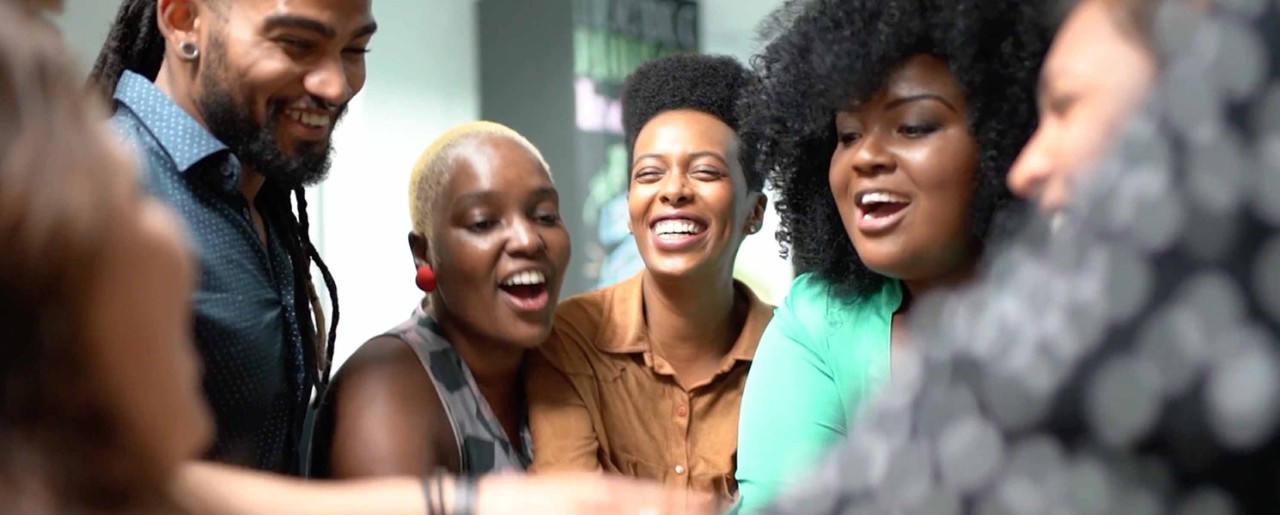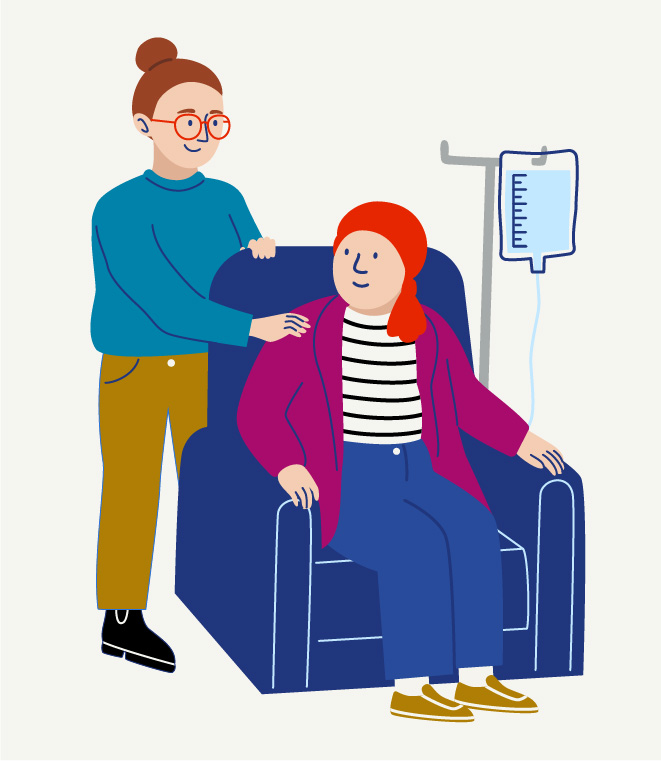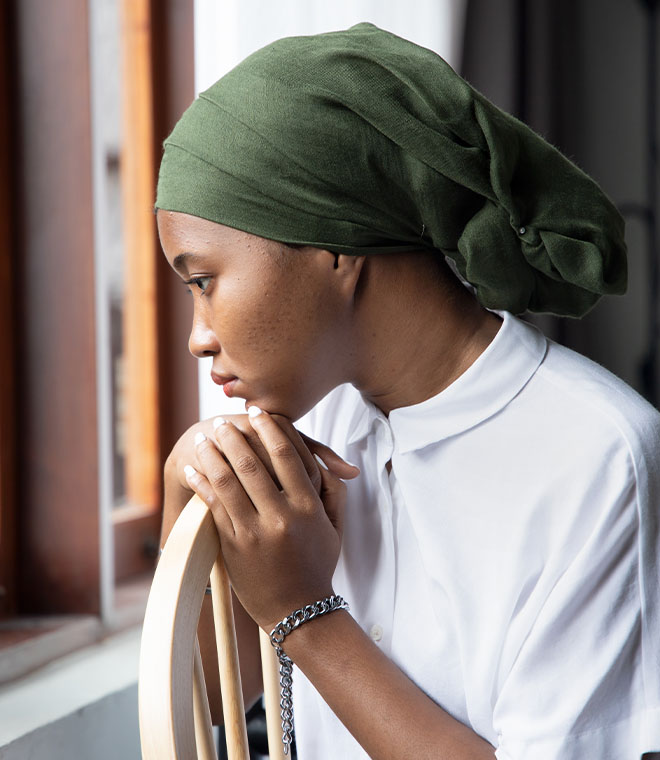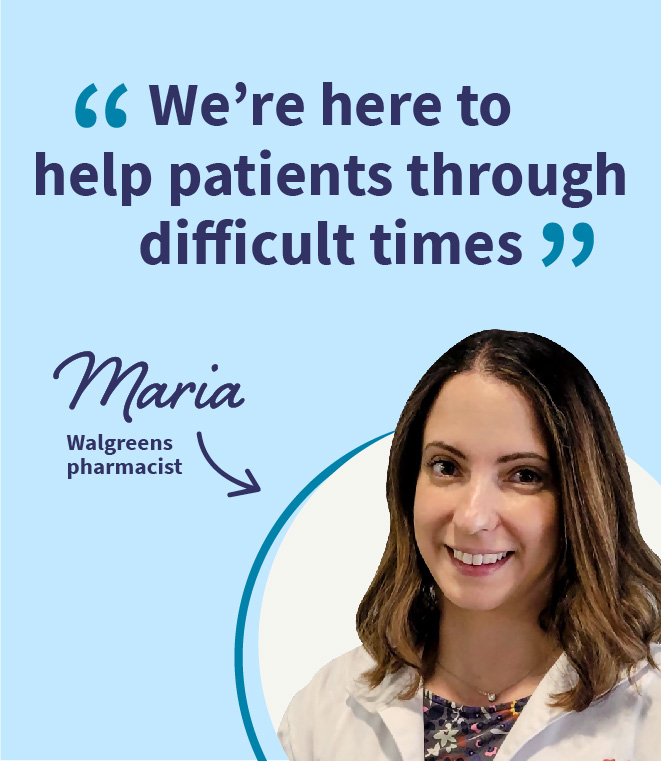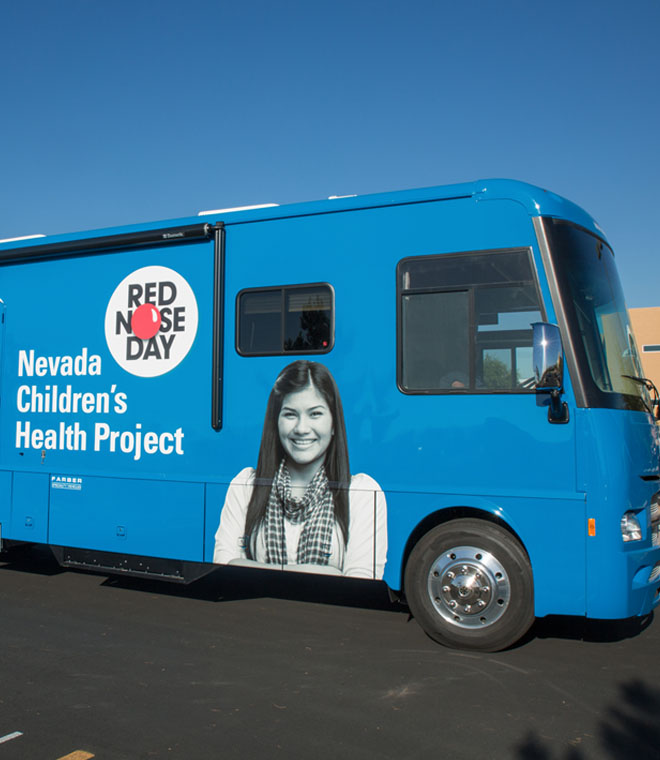Community Stories
From patients to advocates: How Myeloma Link helps Black communities
By Kindra Moné Sep 23, 2022 • 6 min
“When you get the call about a cancer diagnosis, it feels like a death sentence,” said Jennifer Flowers, who was diagnosed with multiple myeloma in October 2008. “When I was diagnosed and going through the process, I didn't want to talk and share.”
That reflex to keep it all in is all too common. It’s part of the reason why The Leukemia & Lymphoma Society (LLS) created Myeloma Link, a program that helps connect Black myeloma patients with a community of doctors, survivors and advocates. It serves 16 Black communities across the country by connecting individuals with free resources and life-saving information.
“There are so many communities that shy away from having healthcare conversations,” says Laura Ortiz-Ravick, director of outreach and health promotion for LLS.” Specifically in the Black community, we are working to bring the topics to them.”
It’s particularly urgent in those communities. A cancer of the mature plasma cells in the bone marrow, multiple myeloma disproportionally affects Black Americans with at least double the incidents compared to any other race or ethnicity. Since its founding in 2017, Myeloma Link has connected over 50,000 Black myeloma patients with others who have been in their shoes. “It helps when patients see someone that they can relate to,” says Jennifer, who joined Myeloma Link as a volunteer advocate in 2018.
The program deploys LLS staff and volunteers to work with local organizations to plan educational programs and outreach activities at health fairs, senior centers, Black churches, barber shops and other community hubs. These volunteers help confront some of the barriers faced by patients, from knowledge about signs and symptoms to information about clinical trials, treatment options, insurance and financial costs.
Bryon Daily knows the impact that community advocacy can make. Today, he is LLS’s manager of patient and community outreach. But in 2018, he was a cancer patient newly diagnosed with multiple myeloma.
“The real benefit for me was having people I could talk to who were experts,” said Bryon. “After my treatment, I wanted to volunteer to give back and be grateful for recovering from this disease—it's not a curable disease, but it is treatable.”
Through his work with Myeloma Link, Byron hopes he can help break down barriers that persist and help Black men become better advocates for their own health.
“It could be cultural or a product of one’s family environment, [but] if the people you're surrounded by aren’t prioritizing their health, then you're not going to either,” he says. “If you have pain or experience an issue with your body that's unusual, you can’t put it off. As men, sometimes we want to keep things to ourselves. Too many people wait until the point when they need to go to the emergency room, and late detection decreases survival rates.”
Myeloma Link is made possible by these dedicated advocates with help from the Walgreens customers, suppliers and team members who donate to The Leukemia & Lymphoma Society. Partners since 2019, Walgreens and LLS have raised over $15 million toward programs that benefit patients and provide Walgreens pharmacists with education on blood cancer and treatments. Together, Walgreens and The Leukemia & Lymphoma Society are working to make quality care, education and knowledge more accessible through initiatives like Myeloma Link.
"Each [patient] should reach one, and you know, share knowledge and information,” says Jennifer, who came out of her diagnosis with a desire to help others. "Knowledge is power and educating African American patients is essential.”
Published September 2022.
